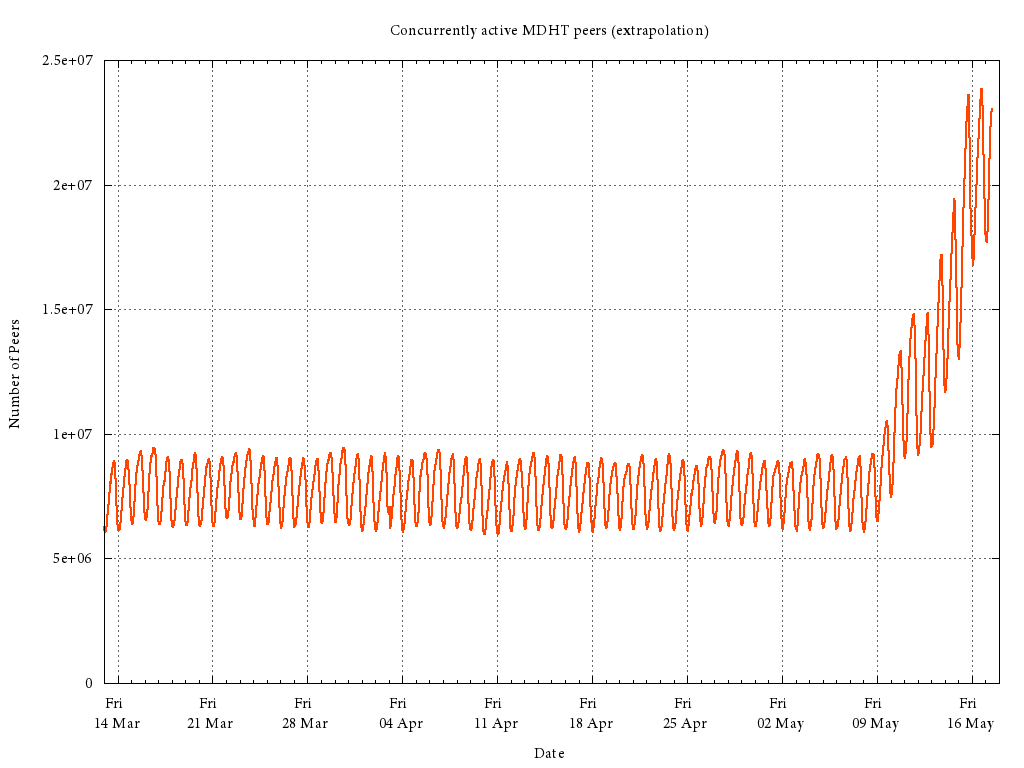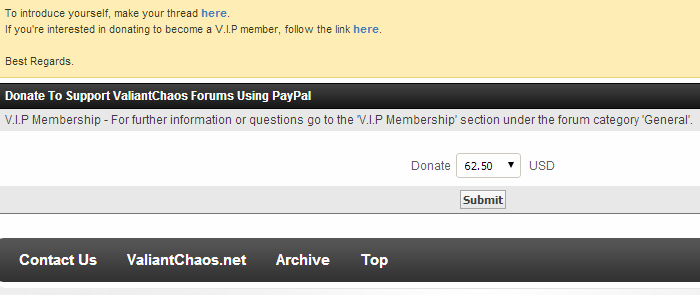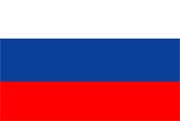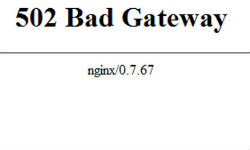Supreme Court Rejects Application of Pirate Bay’s Peter Sunde
jeudi 22 mai 2014 à 15:07 In 2012 Sweden’s Supreme Court announced its decision not to grant leave to appeal in the long-running criminal case against the founders of The Pirate Bay.
In 2012 Sweden’s Supreme Court announced its decision not to grant leave to appeal in the long-running criminal case against the founders of The Pirate Bay.
This meant that the previously determined jail sentences and fines handed out to Peter Sunde, Fredrik Neij, Gottfrid Svartholm and Carl Lundström would stand.
Both Svartholm and Lundström have completed their jail sentences, but Peter Sunde decided not to give up without a fight. First he submitted his case to the European Court of Human Rights (EHCR), and after that was rejected he tried again at the Swedish Supreme Court this year.
A childhood friend of Sunde took on the case as part of his legal training, helped by several law professors. Despite an earlier rejection by the Supreme Court, the legal team believed that there was a good chance the case would be re-opened based on recent EU rulings and regulations.
Today, however, the Supreme Court announced that it will not re-open the case. According to Swedish Radio the Court ruled that there is no new information that requires them to revisit their earlier decision.
TorrentFreak spoke to Peter Sunde, who isn’t really surprised by the outcome. His friend felt that justice would be served, but he never got his hopes up too high.
“It doesn’t affect me that much, it’s just more evidence that Sweden has no intention to follow the law or EU-regulations at all,” Sunde said.
Sunde will now continue working on several of his startups, including the NSA-proof messenger app Heml.is, for which he raised more than $150,000 through a crowd-funding campaign.
In addition, Sunde is also one of the Finnish Pirate Party candidates for the European Parliament elections later this week. If he is elected, Sunde hopes to do something about the negative effects of copyright law in Europe, something he is personally familiar with.
Source: TorrentFreak, for the latest info on copyright, file-sharing and anonymous VPN services.




 BitTorrent trackers are no strangers to Distributed Denial of Service (
BitTorrent trackers are no strangers to Distributed Denial of Service (